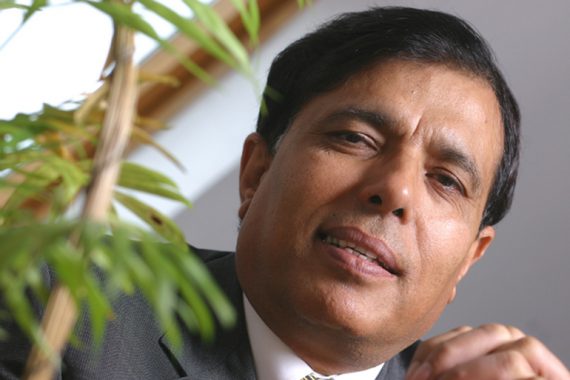Losing the independent contractor model could destroy general practice

Last year at Pulse Live I was asked: Where will be general practice be in five years? I replied: ’We may not have any general practice, the way we have known it.’ Pulse editor Nigel Praities appears to concur with my view in his latest editorial, ‘The independent contractor model is being left to die’.
The concept of ‘the family doctor’ would be lost forever
General practice has been hailed as ‘jewel in the crown’ of the NHS. Why? Because, general practice has become responsible for all personal medical care, and is the gateway for individuals to access hospitals, specialist care and sickness benefit, and it’s deemed to be the patient’s advocate. Compared to other parts of the healthcare system, GP services are estimated to be less costly. GP care for a whole year costs less than a single day’s hospital admission. GP consultations cost less than outpatient consultations, accident and emergency and ambulance calls. A face-to-face consultation with a GP costs the NHS about the same as a telephone consultation with a nurse.
For 68 years, GPs have cared for patients and their families from birth to death. They look after all their records and manage their entire healthcare. British general practice is one of the best primary care systems in the world admired and emulated by other countries. For 90% of the British population, the NHS begins and finishes at the GP surgery. There are 350 million consultations with GPs in the UK every year, an average of between four and five visits to the doctor for everyone.
GPs for very good reasons chose to remain outside the NHS (though committed to the NHS values) as independent contractors rather than salaried NHS employees. Despite all the changes that have taken place in the last 68 years, within the system, general practice retains to a large extent core commitment to generalism that is manifested in two key concepts: patient centeredness and holism. Now, to herd GPs en masse into GP federations, would be the most radical and destructive reform of the primary care since 1948.
Primary care is undergoing some significant and worrying changes that demonstrate a lack of value placed on the quality of general practice. The Government appears to be determined to move from traditional GP partnerships to ones where the private sector would play a much greater part in the future structure and running of general practice, with a salaried model. The current changes being imposed across NHS primary care are leading to the meltdown and eventual destruction of general practice in this country. The concept of ‘the family doctor’, so dear to the British public, would be lost forever. When it comes to patients’ health, it is the quality and safety of care they receive that is most important. The result could be that the GP surgery goes the same way as the NHS dentist. Most importantly, the Government is prepared to sacrifice the relationship patients have with the family doctor, and jeopardise the safety, quality and continuity of patient care which are the pillars of general practice.
With over 30 years of experience in primary care at all levels, I am sick of seeing money wasted on political ‘innovations’ in the health service. In a politically-led NHS, the politicians and their advisers seem dangerously cavalier, disruptive and distracting. The state is weakening the role of the traditional GP to promote private providers, in the guise of so called integrated care models manned by cheap labour.
We doctors went into medicine to make people better. We don’t want to see the standard of care we provide eroded by ill-thought-out political objectives, and without any proof that they work. Continuity of care is being eroded so fast that I fear that the very concept of a truly generalist service may be permanently lost within a few years.
Dr Kailash Chand OBE is the deputy chair of the BMA, and a retired GP
Pulse July survey
Take our July 2025 survey to potentially win £1.000 worth of tokens











